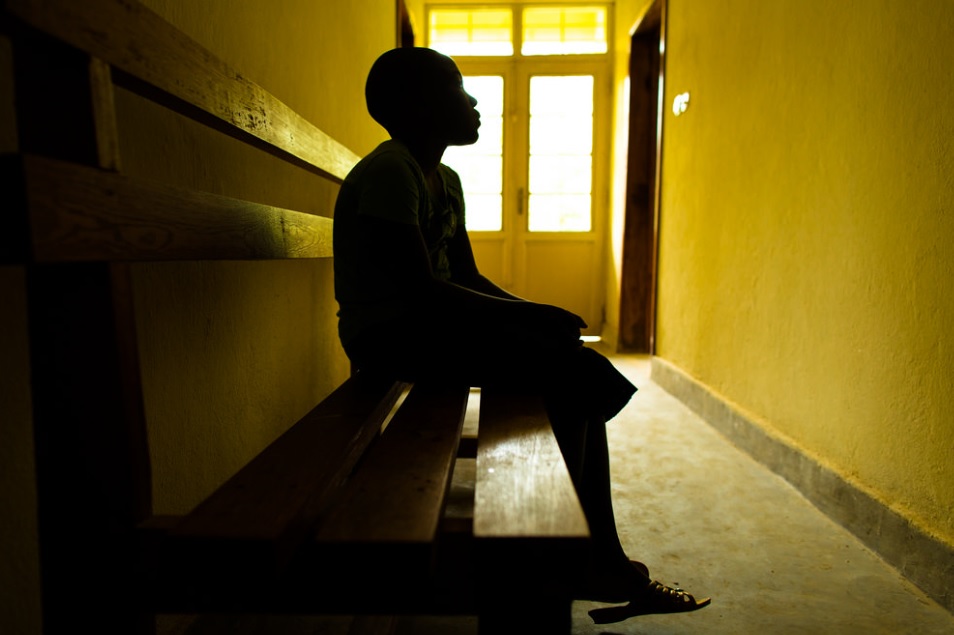South Africa's failures resulted in violation of women’s rights: UN experts
In a report published today, the Committee on the Elimination of Discrimination against Women (CEDAW) said available evidence indicated that the scale of domestic violence, including femicide, is alarmingly high in South Africa.

South Africa’s low levels of prosecution and conviction in domestic violence cases and the frequent failures by the police to serve and enforce protection orders, exposed survivors to repeated abuses and resulted in the violation of women’s fundamental rights, the UN women’s rights committee has found.
In a report published today, the Committee on the Elimination of Discrimination against Women (CEDAW) said available evidence indicated that the scale of domestic violence, including femicide, is alarmingly high in South Africa.
Many women and girls in South Africa, especially in rural areas, are victims of harmful practices, including child marriage, abduction for marriage (“ukuthwala”) and polygamy or polygamous unions that often give rise to domestic violence.
Those who reported their abuser often did not get the protection they needed, CEDAW found. According to official figures, out of 143, 824 requests for protection orders in 2018-2019, only 22,211 were granted – and in many of these cases, the protection order just instructed the abuser to sleep in another room in the same house.
The Committee highlighted the substantial suffering inflicted on women and girls frequently exposed to domestic violence, including sexual violence from a very young age. “Many victims described physical violence including rape, battery with objects, kicks and inflicted burns by their partners, who often abused alcohol or drugs, had low self-esteem or had sadistic tendencies,” the Committee said.
“Some survivors used drugs to cope with the violence or had attempted to commit suicide. Even after leaving an abusive relationship, many continued to suffer from depression, trauma and anxiety,” the Committee added. The report also noted that in many cases, women had been killed by their partners.
The Committee noted the absence of State-run shelters for women and their children. South Africa “cannot absolve itself from its obligation to ensure protection and assistance to victims of domestic violence by delegating the provision of such services to NGO-run shelters without adequately funding them,” CEDAW said.
The Committee concluded that South Africa failed to comply with its obligation to effectively investigate, prosecute and punish cases of domestic violence, and provide systematic and effective capacity building for the judiciary and law enforcement bodies, thereby violating the right of South African women to live free from domestic violence.
The Committee has made 34 recommendations for action. These include effective law enforcement, policies ensuring adequate access to justice, protection and victim support services, and measures dismantling patriarchal attitudes and discriminatory stereotypes that legitimize domestic violence.
Committee members visited South Africa in September 2019 to conduct a confidential inquiry into allegations by civil society organizations that women in South Africa were subjected to extreme levels of domestic violence. The Committee stressed that it had received the full cooperation of the Government of South Africa. In this regard, it remains ready to continue to work with the government, traditional and community leaders, and other stakeholders in the implementation of its recommendations.
- READ MORE ON:
- South Africa
- domestic violence
- violence










